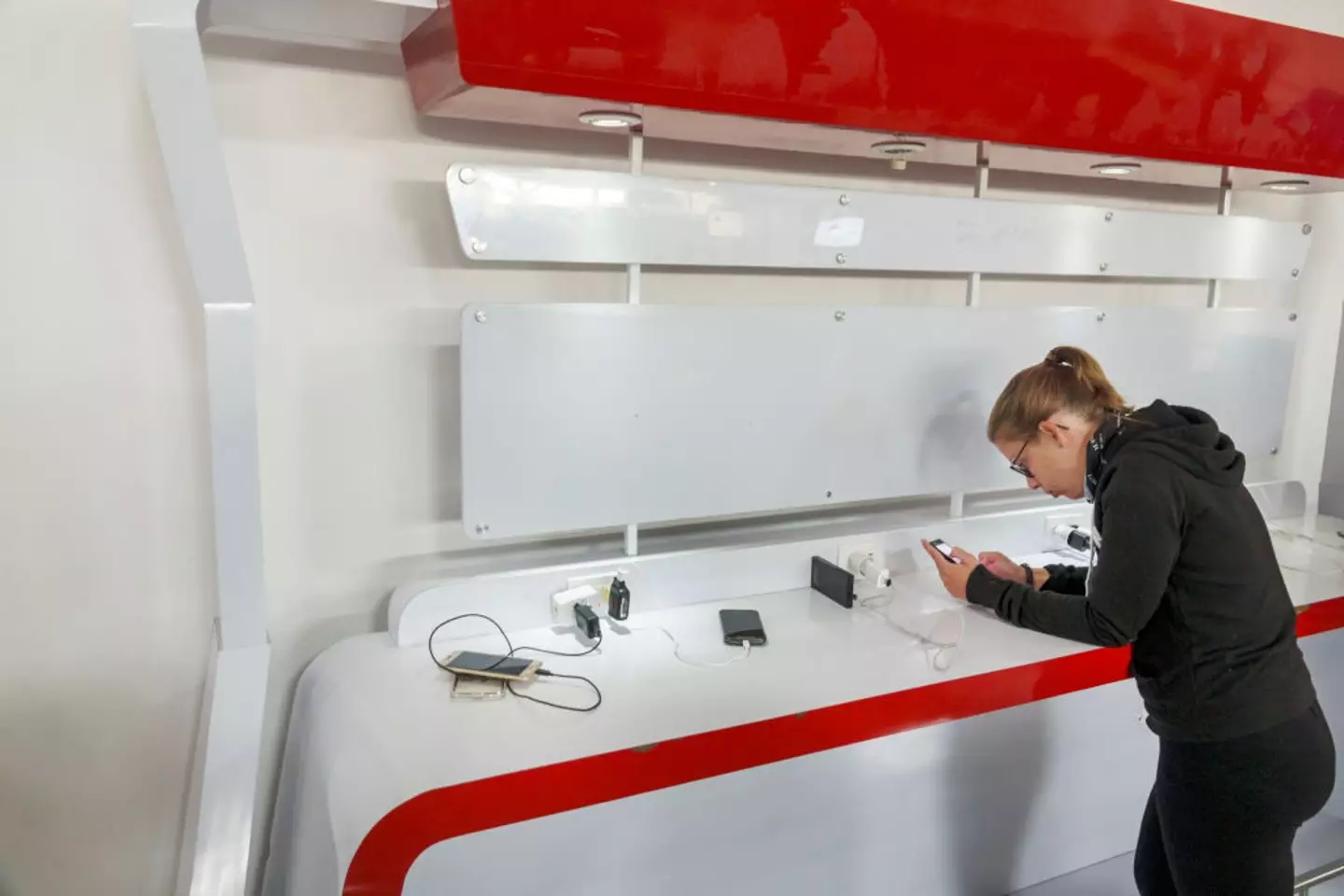
It turns out the biggest threat to your smartphone battery might not be running out of charge, but where you're getting your charge from in the first place.
While airport USB charging stations might seem like a digital lifeline for travellers low on juice, security experts are sounding the alarm over a growing cyber threat that turns these innocent-looking ports into a hacker’s gateway to your personal data.
In a recent PSA shared via Facebook, the Transportation Security Administration (TSA) issued a clear warning: “When you’re at an airport do not plug your phone directly into a USB port.”
The message might seem excessive at first glance, but it’s rooted in a real and growing tactic known as “juice jacking”. Essentially, cybercriminals can tamper with public USB ports to install malware onto any device plugged in. Once infected, your phone can be held for ransom, or worse, have all your passwords and personal data silently siphoned away.
Advert
Officials say the threat is serious enough that travellers should take matters into their own hands, quite literally, by packing their own portable charging gear. The TSA advises using a “TSA-compliant power brick or battery pack” rather than relying on public USB connections.

And it’s not just the TSA issuing these warnings. Both the FBI and the Federal Communications Commission (FCC) have echoed similar concerns, alongside tech experts who’ve been flagging the dangers of public charging stations for years.
But public USB ports aren’t the only danger zone for data theft. The TSA is also cautioning passengers against connecting to unsecured public WiFi networks, especially when performing tasks that involve entering personal or financial information.
As cybersecurity firm Norton puts it, unencrypted hotspots “transmit data in plain text, making them vulnerable to cybercriminals with the right tools.” They added: “Hackers on the same network can intercept your online activities, including banking information, login credentials, and personal messages.”
It gets even more unsettling. Reported by New York Post earlier this year, Argentine flight attendant Barbara Bacilieri claimed that some thieves are now buying cheap plane tickets solely to access the secure areas of airports — all so they can roam terminals stealing from passengers and even duty-free shops, without ever intending to board a flight.
To make matters worse, some criminals are using covert RFID scanners to ‘lift’ credit card data simply by walking past you — a form of digital pickpocketing that often goes undetected until you notice unexpected foreign transactions on your account.
So next time you find yourself hunting for a quick charge or WiFi at the airport, think twice. That free power port could end up costing far more than a few percentage points on your battery.
